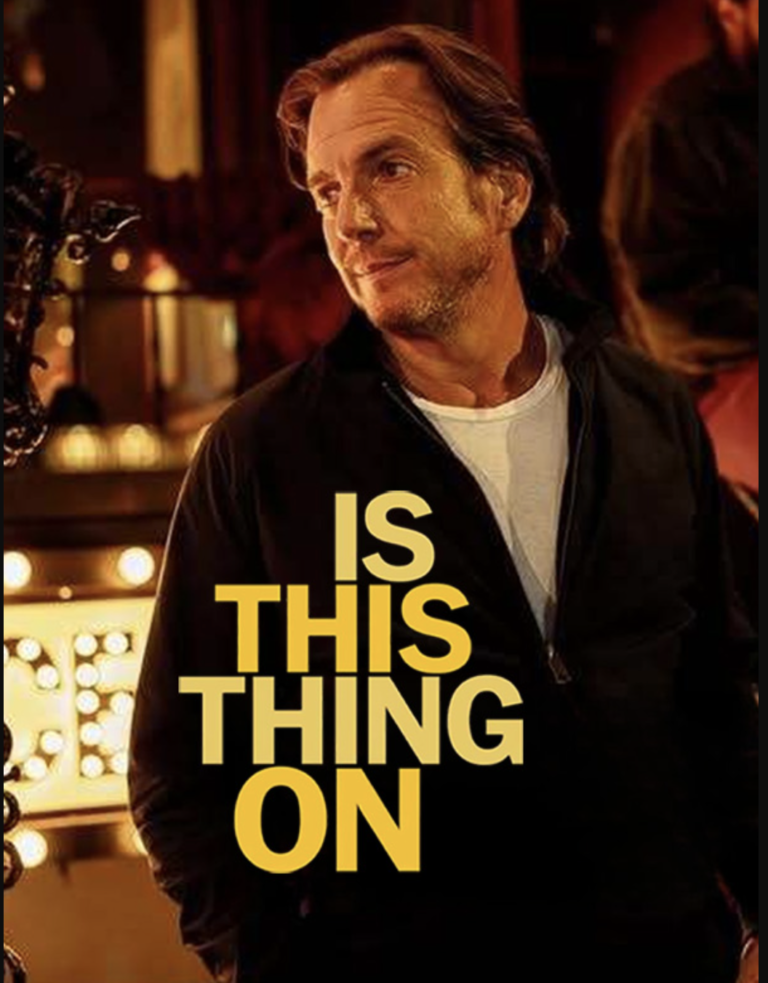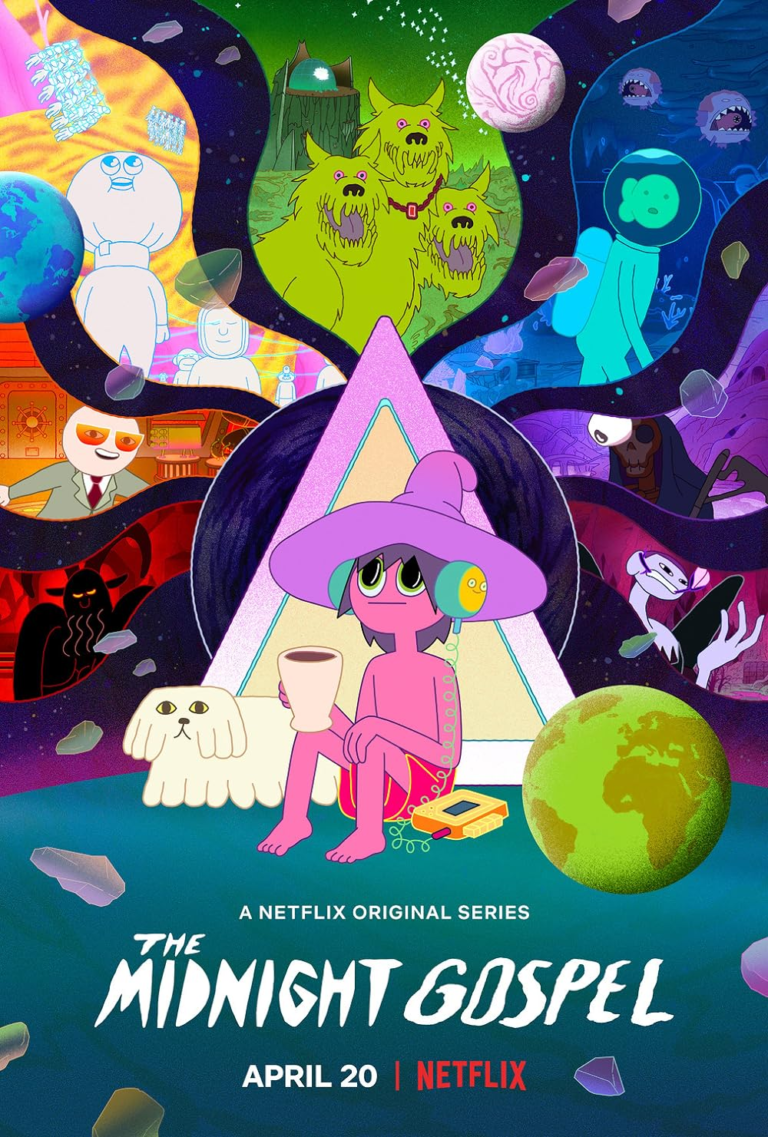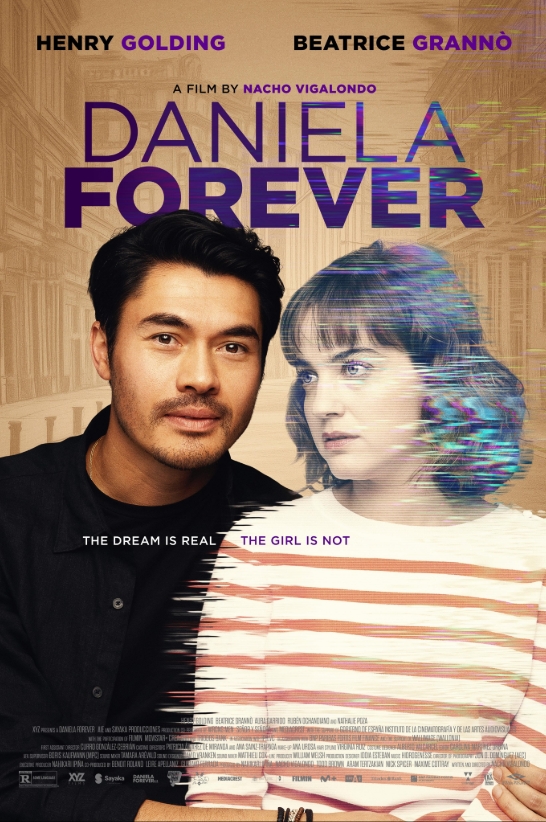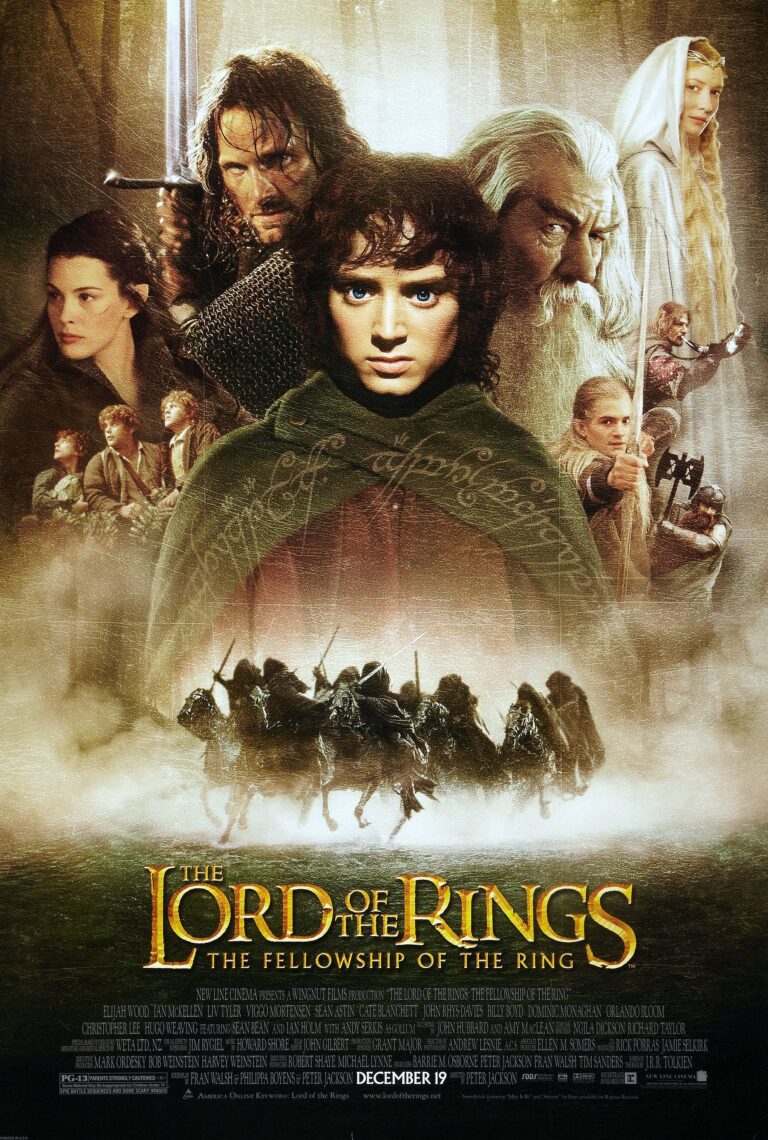White Bird Christian Review

There’s a certain challenge that comes with making a movie about the Holocaust. It’s not just about showing the horror — it’s about finding a way to speak to it in a manner that’s meaningful, respectful, and compelling. That’s a hard line to walk for any filmmaker. Marc Forster’s White Bird steps into this challenging terrain, aiming to tell a tale of compassion and resilience amidst one of history’s darkest chapters. But does it succeed? The answer, like the film itself, is complicated.
Old Roots, New Branches: A Spin-Off with a Soul?
You might recognize a little bit of White Bird if you’ve seen the film Wonder or read the book it’s based on. In Wonder, the focus is on a young boy named Auggie struggling to find his place in a world that doesn’t quite know what to do with his facial differences. It’s a touching, feel-good story that tugs at your heartstrings without overwhelming you. White Bird, however, shifts the focus to a different character from that universe — and to a completely different era. This time, we’re stepping back to World War II and entering a much harsher reality.
The story centers around Sara, a young Jewish girl hidden away in the French countryside during the Nazi occupation. Told through the voice of her older self — played by none other than Dame Helen Mirren — White Bird is a narrative that jumps back and forth between Sara’s harrowing past and the present. Mirren’s gentle, reflective voice gives the film a sense of intimacy, as if we’re sitting down for tea with an old friend who’s seen too much, experienced too much, but still wants to make sure the next generation understands what it means to stand up for what’s right. It’s a story that has roots in the Wonder universe, but the stakes are far higher and the tone much heavier.
Walking the Tightrope Between Hope and Horror
Movies about the Holocaust — Schindler’s List, The Pianist, Life is Beautiful — they all carry a certain weight. There’s an expectation that they will remind us of the worst of humanity, while somehow trying to leave us with a glimmer of hope. White Bird is no exception. It wants us to feel the fear and isolation of a young girl hiding from soldiers who would kill her without a second thought. But it also wants us to believe in the power of kindness and the resilience of the human spirit.
But here’s the rub: while White Bird has its heart in the right place, it’s almost too gentle for its own good. For a film that’s meant to be about life-and-death stakes, it sometimes feels like it’s pulling its punches. There’s a sanitized quality to it, as if Forster is worried about upsetting his audience too much. This might make the film more accessible for younger viewers — which seems to be the intention — but it also means that White Bird lacks some of the raw, visceral impact that stories about this period need to have.
The best scenes in the film are the quiet ones, where we see the small, almost invisible acts of defiance and bravery that defined so many resistance fighters during the war. A loaf of bread slipped under a door, a whispered warning, a lingering look that says, “I see you. I know you’re here, and I won’t give you up.” It’s in these moments that White Bird finds its footing, showing us that heroism isn’t always about grand gestures. Sometimes, it’s about choosing to do the right thing when no one else is looking.
Characters: Heroes or Caricatures?
And that brings us to the characters themselves. Ariella Glaser, who plays the young Sara, is luminous in the role. There’s a vulnerability to her performance that makes you root for her, that makes you want to see her survive and thrive. She’s not some saintly figure, though. She’s scared, lonely, sometimes even angry. But that’s what makes her relatable. She’s not a symbol of hope — she’s just a girl trying to make it through each day without being caught.
The people around her, though, aren’t quite as fleshed out. They tend to fall into familiar stereotypes — the brave young boy who hides her, the gruff but soft-hearted villagers, the cartoonishly evil Nazis who are bad simply because they’re supposed to be. There’s little nuance here, and that’s a shame. Stories about war, especially stories about something as complicated and tragic as the Holocaust, deserve more than black-and-white portrayals. They deserve characters who feel real, who have shades of gray, who make us question our assumptions about good and evil.
Faith in the Midst of Despair: What White Bird Says About Christian Virtue
And yet, for all its flaws, White Bird has moments of real beauty, especially when looked at through the lens of faith. There’s a scene — blink and you might miss it — where a character risks everything to protect Sara. He has nothing to gain, and everything to lose. But he does it anyway. It’s a small act of defiance, a quiet stand against an overwhelming evil. And that, in a way, is what the Christian faith calls us to do. To love our neighbor, to protect the vulnerable, even when it’s hard. Especially when it’s hard.
The Bible is full of stories of ordinary people who did extraordinary things because they believed in something bigger than themselves. Moses standing up to Pharaoh. Esther risking her life to save her people. Jesus washing the feet of His disciples, knowing full well that one of them would betray Him. These aren’t grand, sweeping gestures — they’re personal, intimate acts of courage and love. White Bird, at its best, taps into that same spirit.
But here’s the catch: for every scene that resonates on that level, there’s another that feels forced, manipulative, or just plain overwrought. Marc Forster is a director who wears his heart on his sleeve, and that’s not always a bad thing. But in White Bird, it sometimes feels like he’s trying too hard to make us feel something, instead of just letting the story speak for itself. There’s a line between sincerity and sentimentality, and White Bird doesn’t always know which side it’s on.
Final Thoughts: A Story Worth Telling, But Not Quite There Yet
So where does that leave us? White Bird is a film that means well. It’s trying to tell an important story, and it does so with a kind of earnestness that’s hard to dislike. But good intentions aren’t enough to make a great movie. The film is too neat, too polished, too afraid to really get its hands dirty. It wants to inspire hope, but in doing so, it sometimes flattens the complexity of its own narrative.
For Christian viewers, though, there’s still something here worth watching. It’s a reminder that even in the darkest of times, there is light to be found if we’re willing to look for it. And maybe that’s a message we all need to hear, especially now. So, I’d give White Bird a 6 out of 10. It’s a good film, but not a great one. It has moments of real grace, but it never quite soars. Still, it’s a story worth telling, and in a world that often feels short on kindness, that’s something.






